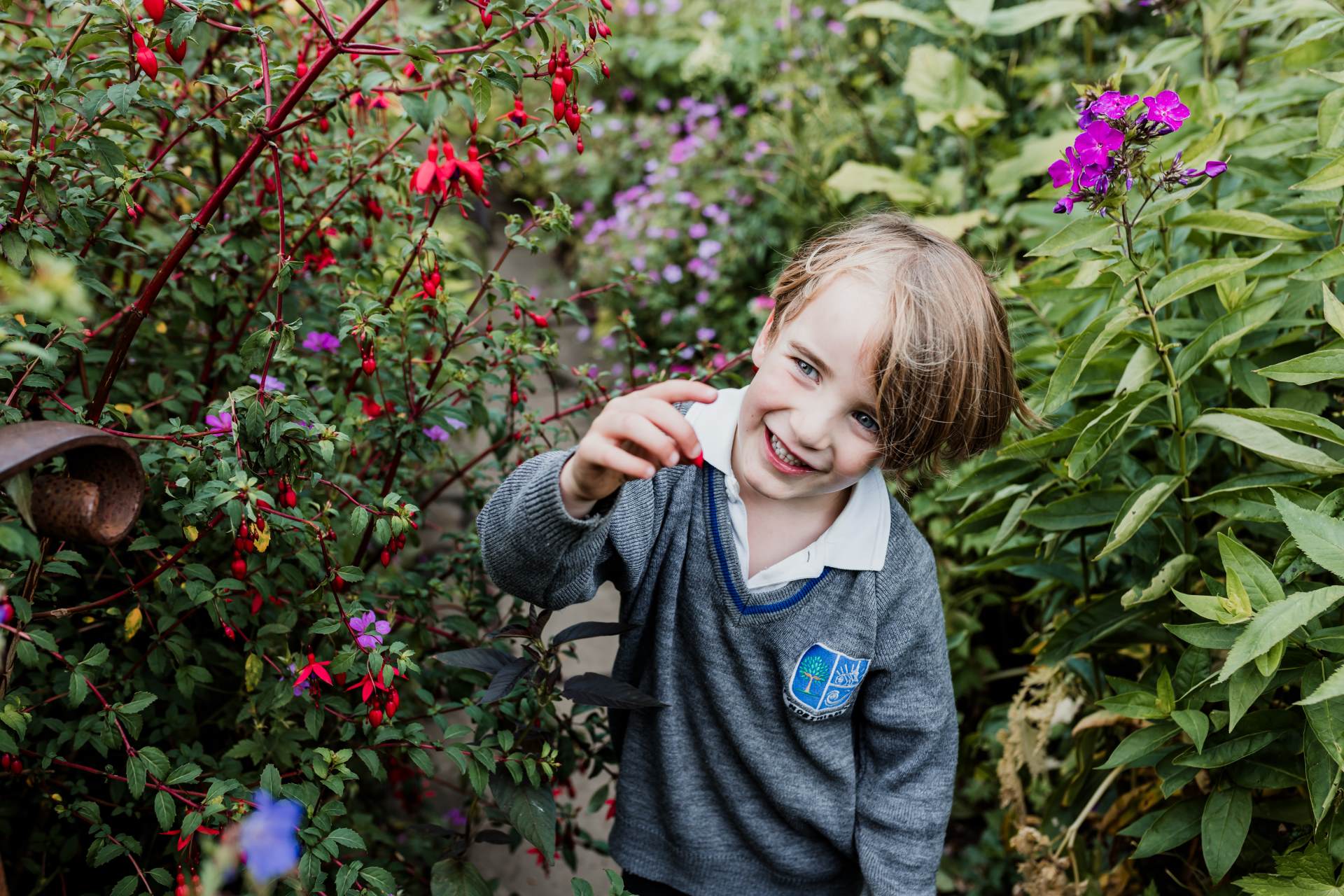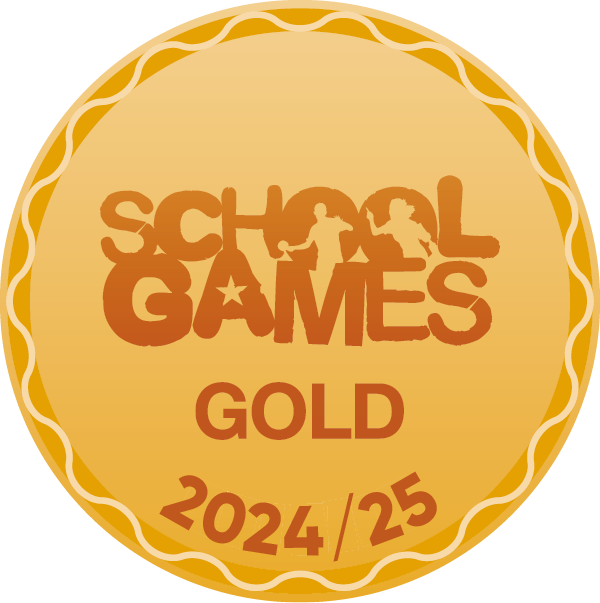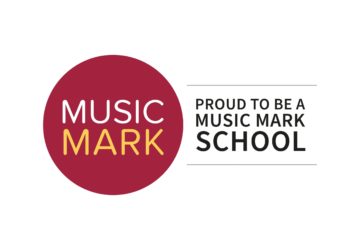Curriculum
A broad and balanced curriculum promoting substantive and disciplinary knowledge allowing pupils to know more, remember more, and make conceptual links between subjects. The National Curriculum provides an outline of core knowledge used to develop sequences of learning. Teachers and leaders plan carefully to consider the intent, implementation, and impact of learning.
Plan carefully to ignite children’s interest through moments of inspiration and provocation. Teachers aim to draw on children’s interests wherever possible. Teachers make refined decisions about what is fundamental to grasp the subject they are teaching and plan sequences of learning to address these key concepts, typical misconceptions, and compelling routes/sequences to enable mastery.
Inspiring topic hooks
Engage learning through purposeful hooks to introduce a new topic of learning and make connections between existing knowledge and future learning. It is an opportunity to inject energy into new learning and create an eagerness to find out more.
Meaningful connections
Make connections between experiences with learning contexts which are authentic and meaningful. This will help to retain, use and apply knowledge learnt. We link curriculum areas through a range of themes, questions, experiences and activities. Wherever possible learning is linked to real life situations. Children understand why they are learning specific skills and are motivated to find answers through a process of creative thinking and enquiry.
Preparing for now and the future
Life experiences and personal development
Provide stimulating, irresistible and enriching learning experiences for all children. Teaching and learning supports children to become global citizens through developing positive attitudes and behaviours characterised by high self-esteem, independence, self-confidence, responsibility, resilience and collaboration.











